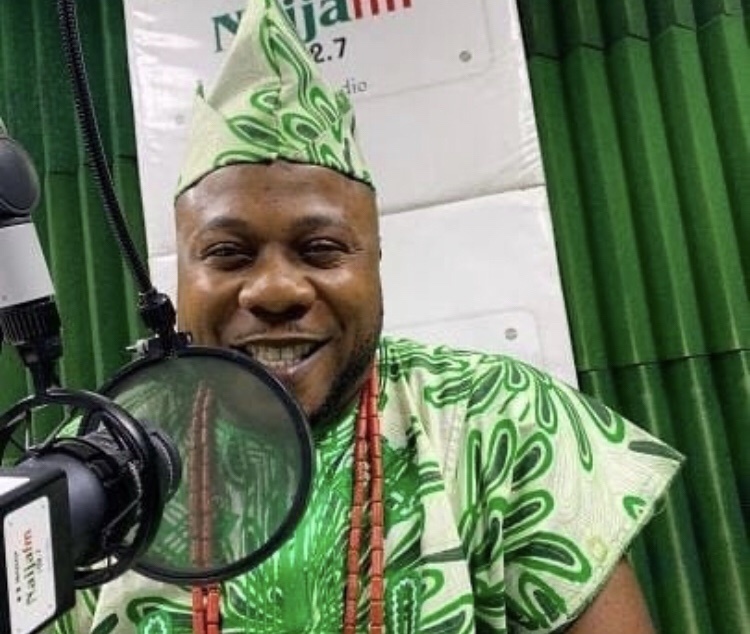60 days on, Nigerian authorities yet to make headway in investigations into journalist’s murder

Today, August 18, 2021 marks exactly 60 days since journalist Titus Badejo was killed, and, as usual, the Nigerian authorities have failed to give any update on investigations into the incident, thus underlining the state of impunity for crimes against journalists in the country.
Badejo, a former radio presenter with Naija FM, was murdered by unknown gunmen on June 19, at a nightclub in Ibadan, the capital city of Oyo state in southwestern Nigeria. The gunmen ordered Badejo and his friends out of the car before picking out the journalist with their bullet. The assailants fled immediately without harming anyone else which shows that the journalist was targeted. The assailants did not take anything from their victims, which rules out a robbery motive.
“Comprehensive investigations are in top gear to unravel the circumstances surrounding the incident and to apprehend the assailants. Verifiable updates would be provided soonest,” police spokesperson Adewale Osifeso had assured the grieving media fraternity.
But two months down the line, fears are growing that Badejo’s case might join the long list of murders of journalists that quickly get consigned to oblivion.
“We hope that for once, the Nigerian authorities will be able to conduct thorough investigations into the killing of Badejo. The journalist’s family, colleagues and the media fraternity need to come to a closure about this umpteenth murder of a media practitioner in Nigeria. It is the duty of the government to ensure justice and redeem a measure of the country’s notoriety for amnesia and impunity surrounding earlier such killings in Nigeria,” said Muheeb Saeed, Programme Manager for Freedom of Expression at the Media Foundation for West Africa (MFWA).
The fatal gun attack on Badejo is the second killing of a journalist in Nigeria in ten months. On October 24, 2020, security agents assaulted and carried away Pelumi Onifade who was covering the #EndSARS protests for Gboah TV, an online television channel. It was the last time the 20-year-old intern was seen alive. The body of the student journalist was found in a mortuary in Ikorodu Lagos, after a week of search at police stations and prison facilities in Lagos. Onifade reportedly died in police custody from the injuries he sustained from the severe beatings and his body deposited at the mortuary.
The latest case involving Titus Badejo brings to eight the incidents of unresolved killing of journalists in Nigeria over the past five years, four of them in 2017 alone.
On this landmark occasion of 60 days since Badejo’s killing, the MFWA is urging the Nigerian authorities to shake off the lethargy and do everything possible to bring to account those responsible for the journalist’s murder. Nigeria needs to send a signal that it has the will and the capacity to track down and punish perpetrators of violence against journalists.
It is the least the authorities can do to help the family, friends and media colleagues of the deceased journalist to cope with their shock and grief over his violent elimination. Badejo’s murder is one more too many and a failure to unravel it will further dent Nigeria’s image as a haven for killers and assailants of journalists.
